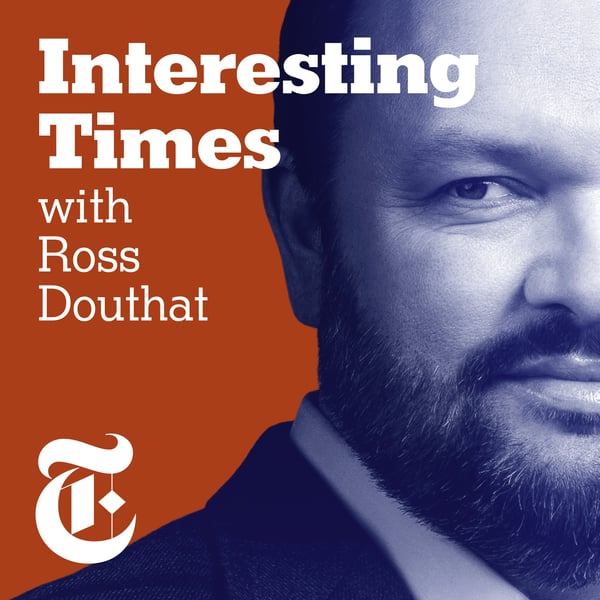To Fight Poverty, Raise the Minimum Wage? Or Abolish It?
Matter of Opinion
New York Times Opinion
4.2 • 7.2K Ratings
🗓️ 17 March 2021
⏱️ 34 minutes
🧾️ Download transcript
Summary
Transcript
Click on a timestamp to play from that location
| 0:00.0 | Today on the argument, what's the downside to paying people more? |
| 0:11.2 | Among the most popular, and blunt, tools to fight poverty is a minimum wage. |
| 0:16.4 | But it doesn't actually do that. |
| 0:19.9 | Because if you have a full-time job that pays the federal minimum wage of $7.25, you're |
| 0:25.0 | only making about $15,000 a year. |
| 0:28.0 | Not enough to run to one-bedroom apartment in 95% of counties in the United States. |
| 0:33.4 | Raising the federal minimum to $15 an hour, something progressive has been fighting for |
| 0:37.1 | for years. |
| 0:38.1 | They came close this month, but an amendment to raise the minimum wage was ultimately |
| 0:41.8 | removed from Biden's COVID relief bill. |
| 0:44.8 | Is raising the minimum wage, or having one at all, the right way to battle poverty? |
| 0:49.9 | I'm Jane Kostin, and I think it's past time to raise the minimum wage. |
| 0:53.7 | It's not a waste station for 16-year-olds. For millions of Americans, including parents |
| 0:58.6 | with small children, it's how they make ends meet. |
| 1:01.6 | More people across the political spectrum are beginning to support a higher minimum wage, |
| 1:05.3 | but it does have opposition. |
| 1:07.0 | So I've invited two guests to run different sides of the debate. |
| 1:10.6 | Saurav J. Aramun is the president of One Fair Wage, and director of the Food Labor Research |
| 1:15.6 | Center at the University of California Berkeley. |
| 1:18.7 | Jeff Myron is the head of Undergraduate and Graduate Economic Studies at Harvard, and |
| 1:23.0 | head of economics at the Cato Institute. |
| 1:25.0 | Hi, Saurav. |
... |
Please login to see the full transcript.
Disclaimer: The podcast and artwork embedded on this page are from New York Times Opinion, and are the property of its owner and not affiliated with or endorsed by Tapesearch.
Generated transcripts are the property of New York Times Opinion and are distributed freely under the Fair Use doctrine. Transcripts generated by Tapesearch are not guaranteed to be accurate.
Copyright © Tapesearch 2025.

